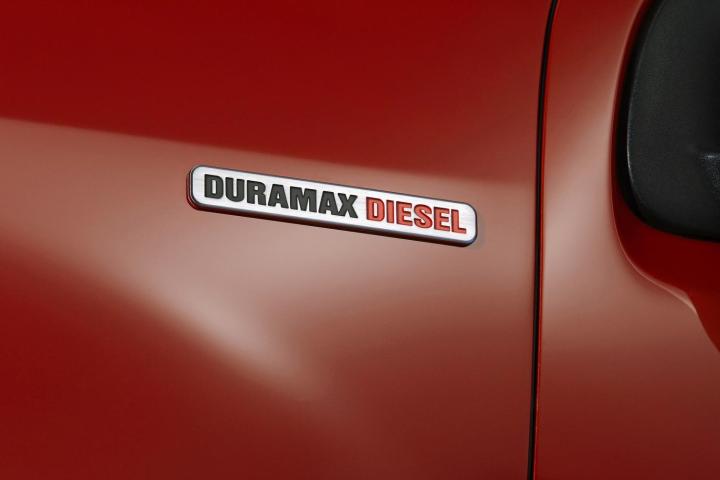
The first new vehicles to be directly affected by the backlash from the VW scandal could be upcoming diesel versions of the Chevrolet Colorado and GMC Canyon pickup trucks. The diesel engine option was scheduled to launch before the end of the year, but it may be held up by increased scrutiny from government regulators, reports Automotive News (subscription required).
General Motors has reportedly been told by the EPA and the California Air Resources Board (CARB) — which oversees California’s stricter emissions rules — that the trucks will not be certified until they complete on-road testing, as well as laboratory testing. The “cheater” software used by Volkswagen was designed to detect the conditions of a lab test and alter a vehicle’s behavior, so it’s hoped that on-road testing will prevent any future attempts to game the system.
Both GM trucks use the same 2.8-liter turbocharged four-cylinder engine, which produces 181 horsepower and 369 pound-feet of torque. It was previously sold in other markets, but was not able to meet U.S. emissions standards without modifications, including the addition of an exhaust after treatment system like the ones used on most light-duty diesel vehicles currently sold here.
While the Colorado and Canyon diesels may be a bit late to showrooms, GM is reportedly confident that both will pass muster under the new, stricter testing procedure. A Chevrolet Trucks engineer told Automotive News that GM conducts both on-road and laboratory emissions testing as part of its own vehicle development programs.
Measures taken with these trucks could be a preview for tougher future EPA testing procedures. While all of this may be the result of a massive scandal, it could eventually benefit the public by preventing other carmakers from cheating, and maybe producing more accurate efficiency ratings too.


